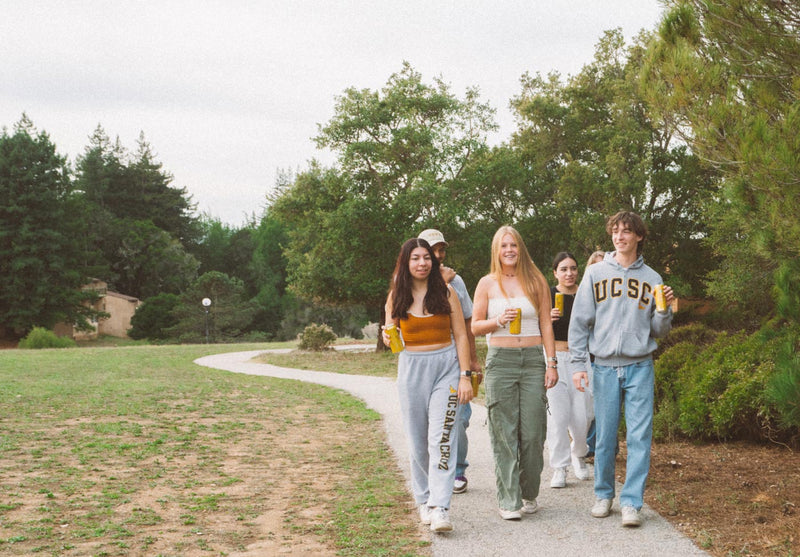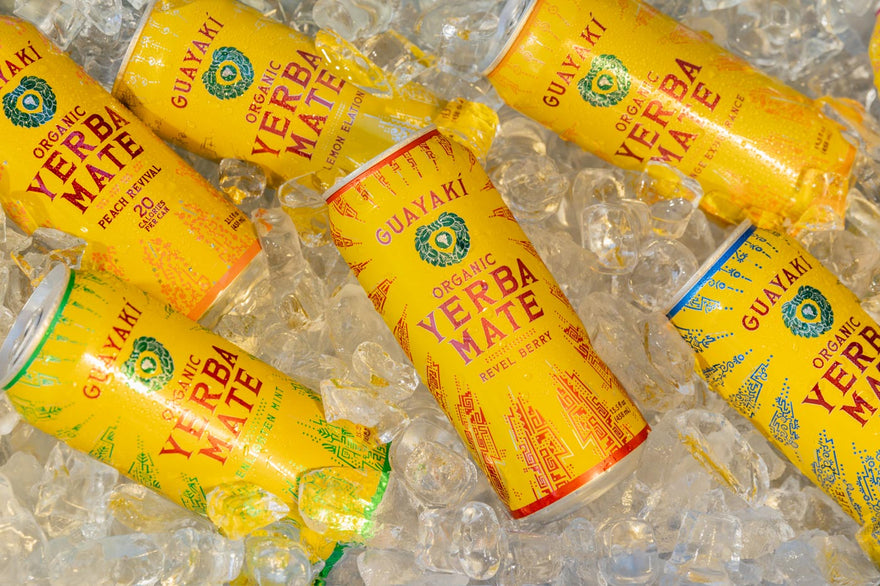After water and yerba mate, sugar is a significant part of the supply web for Guayakí Yerba Mate ready-to-drink beverages. When you drink an organic Guayakí Yerba Mate, you support one of the largest regenerative sugar production projects in the world.
Pioneered in 1987, The Green Cane Project replaced the destructive practice of burning sugar fields with green cane harvesting. Their practices go beyond organic to regenerating the land and local community, as well as developing innovations that are influencing the region. It is no wonder they are gaining recognition from conventional regional farms since their yields are around 20% higher. The Green Cane Project is still family-owned and family-run four generations later.

Regenerative Agriculture Practices
The Green Cane Project employs farming practices that regenerate soil, biodiversity, and riparian forests that line the waterways. Their regenerative agriculture practices include:
- Following organic certified practices and avoiding 13,900 tons of agrochemicals annually, benefiting soil organisms, water quality, and the health of field workers.
- Designing harvest machinery that leaves sugar cane fiber on the field and avoids soil compaction.
- Analyzing soil samples to assess what is missing (soils need a balance of ants, termites, fungus, and bacteria to break down the soil and fiber) and applying microbes to the fields for microbial soil fertilization.
- Applying nutrient-rich byproduct from the mill, as well as leaving the straw-like mulch on the field, preserves minerals and composts most of the top-layer.
- Planting nitrogen-fixing cover crops between the final cut and seeding a new crop.
- No till except once every 7 years.
- Biological pest control as part of an integrated pest management system.
- Planting over 2 million trees on 20% of their land mostly along waterways; these riparian buffers protect vulnerable aquatic life.
- Attracting beneficial wildlife and increasing the region’s biodiversity; over 340 species of mammals, birds, reptiles, and amphibians have been discovered in the cane fields and greenways, including pumas, capybara, local bee populations, and nearly 50 endangered species.
Regenerative agriculture practices have revitalized the soil in the cane fields. The soil contains abundant carbon-fixing microbes on the roots, which pull carbon from the atmosphere and store it in the soil.
Organic matter content of the soil has increased from 1% to almost 4% (virgin forests in the region have 4%). The soil has three times the water-holding capacity compared to conditions under conventional practices and has higher resistance to drought, even the tops of the cane don’t yellow during droughts like other fields do. The cane fields are also more resilient to pests; biological pest control has achieved a 90% reduction in pest damage.

Community Support
The sugar facility is Fair Trade certified and all employees receive fair wages. The company offers a profit-sharing program and invests in their employees long-term, such as retraining employees to fill other company positions which often are promotions with better pay, and supporting social programs, including schools, orphanages, and drug treatment centers.
The company supports regional farmers through consultation and sharing information. As more local farmers see their conventional farming methods fail to sustain them in a water- and climate-stressed region, they are seeking to learn from their success with regenerative farming and operations. With environmental, labor and community practices among the best in the food industry, we think they make the perfect partner for Guayakí Yerba Mate.

Essential Reads
1/3































